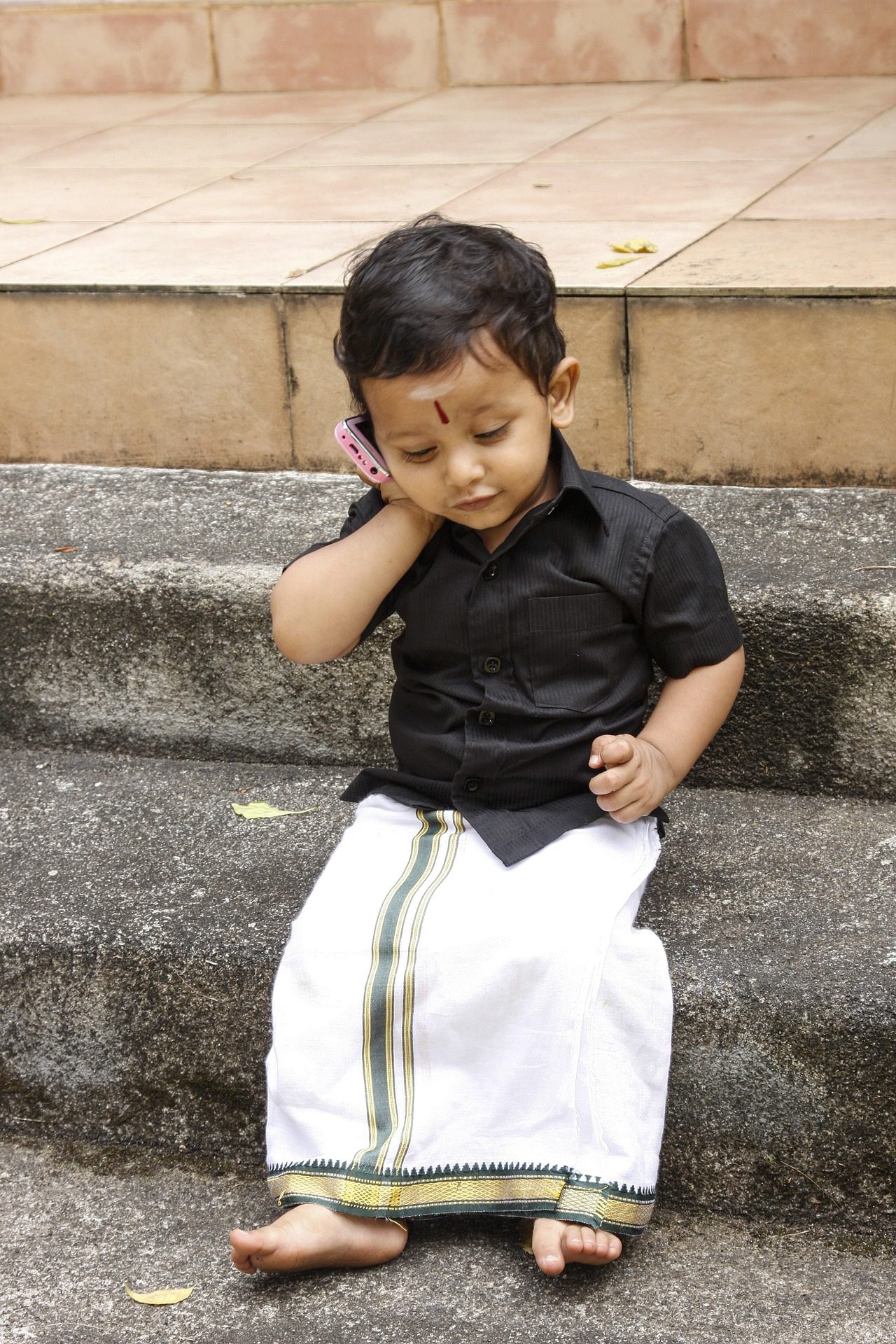
By Adrian Kuek (Joyous Learning) and Marcus Goh
Raise your hands if this has ever happened to you: you thought you’ve got Facebook all figured out, your child laughs at you and says “Facebook is for old people!”
It can be difficult for parents to figure out social media sometimes.
One minute they’re using Instagram, the next minute it’s ASKfm, then it’s Sayat.me. You might be tempted to join all these new social media platforms to keep up with your child, but let’s be honest — you’re never going to use it again after signing up if your friends aren’t on it. And joining a social media platform just to keep tabs on your child is not worth the hassle, especially since it communicates that you don’t trust your child.
So here are some guidelines for you when it comes to your child and social media. It’ll make life easier for both parent and child.

1. Children may not want to connect with parents on social media
First and foremost, parents should acknowledge that children may not want to “friend” them on social networks. Just as parents have topics they don’t want to discuss with children, children also have matters they don’t want to talk to their parents about. True, it’s a rejection, but it’s about letting your child have his or her own space.
Some children might willingly connect with their friends’ parents on social media, but not their own parents. It’s a strange kind of logic, but again it boils down to having a personal, private domain. If your child doesn’t want to be “friends”, it doesn’t mean they don’t want to be your child in real life.
2. Be graceful and accepting if your child does not want to be your social media “friend”
The next step is to be graceful about the rejection. Don’t make passive aggressive comments or be angry with your child for not being “friends” with you on social media. Don’t harp on the fact that they didn’t connect with you. If you’ve asked once and you didn’t get a reply, leave it be and forget about it, just like you would for a colleague that doesn’t want to “friend” you.
Being irritable and antagonistic about the issue will just make it worse for your child, who may retaliate by taking extra steps to block you online. It’s better that you remain strangers on social media (so that your child can always “friend” you if there is a change of heart), rather than being enemies on social media (with a digital wall erected by your child blocking you).
For parents are connected with their children on social media — congratulations! You’re one of the lucky few.

3. Children view social networks very differently from parents
The reason for the different attitudes quite simple — children are growing up in an era where online communication dominates their lives, whereas parents grew up in an era of emerging online communication. With these different perspectives, the importance of social media will vary greatly between parents and children.
So the bottomline is that you may not understand their perspectives, but you have to know that they have very different perspectives from you.
4. Parents should be firm about social media boundaries for children
While parents should give children their independence on social media, that doesn’t mean they should allow them to do anything they want. Think of social media as a child’s bedroom. To some extent, they have their own freedom to decorate or arrange it however they like and it gives them a little private space. But that doesn’t mean parents should allow children to start fires or rear hornets in their room, since that would be dangerous.
Similarly, parents should set boundaries on social media, specifically regarding personal and contact details. It’s a give-and-take situation which children will understand. Let them have their social media independence, but tell them you draw the line when it comes to sharing details like their contact number, address, email address, and other information that you would deem private.

5. Parents must educate children about the importance of privacy on social media
To help children understand why they should not share their personal details online, some education is required. There are plenty of cyber wellness sites that illustrate the dangers of exposing private information online. Let your child know that with their online details, a reverse look-up is possible, and that this not only endangers them, but family members and friends as well.
Basically, let your child know that the safety people they care about is jeopardised when they share such details, and that so it’s not just about themselves.
6. Parents should teach children what is appropriate to share on social media
Finally, parents should also let children know that what appears online, stays online for a very long time. Therefore, it is important to know what is appropriate or inappropriate to share online. Vulgarities are a strict no-no, for example. A simple guideline would be to share only the things they’d be comfortable letting their parents know. Otherwise, it’s off limits.
Even “private” posts can be shared and accessed, as a recent accusation of alleged libel has shown. So going “private” isn’t as private as they might think.

These guidelines can save parents and children from many misunderstandings by balancing freedom with controls. Just remember that the next time you go online, there’ll be another big social network in fashion, so don’t worry too much about keeping up with social media platforms. What’s more important is how your child uses such networks.

This article was written for and first published on Yahoo Singapore’s Grade Expectations.
Grade Expectations is a weekly feature on education in Singapore. Expect fun activities, useful tips and insightful news on learning. It’s not just about your child’s grades — it’s about raising a great child!
Adrian Kuek runs Joyous Learning, an enrichment centre that specialises in English, Mathematics, Science and Creative Writing for Primary. He previously served as the academic director of one of Singapore’s largest enrichment centre chains for over seven years. Send him an email if you’re keen!
Marcus Goh runs Write-Handed, a creative writing studio. At the same time, he teaches English at The Write Connection. He has been a specialist tutor for English and Literature (Secondary) since 2005.
If you liked the article, follow me on Facebook and Instagram for more updates!
To get in touch with me, send an email!
Leave a Reply